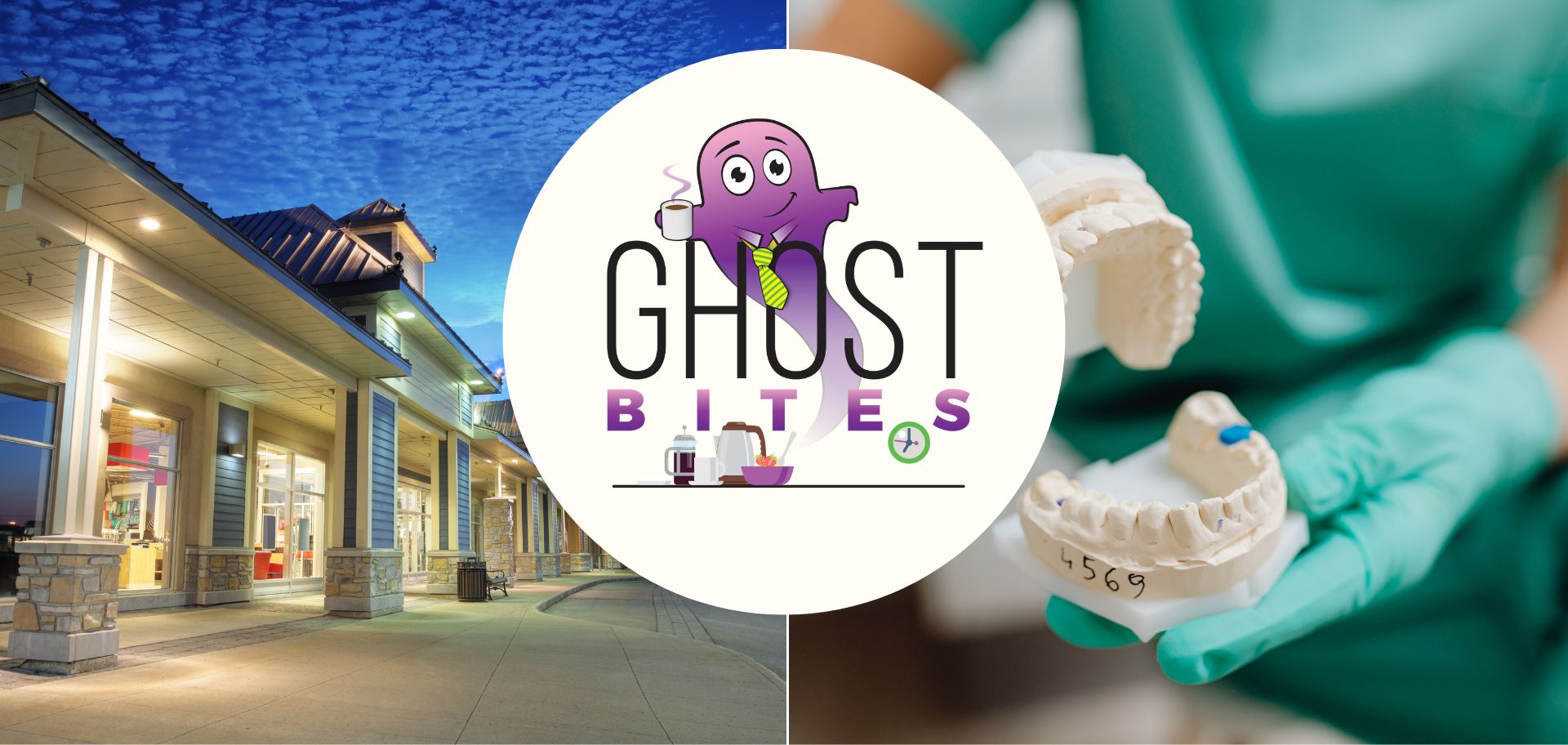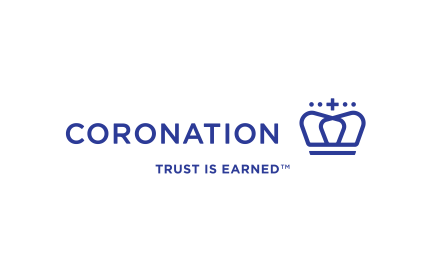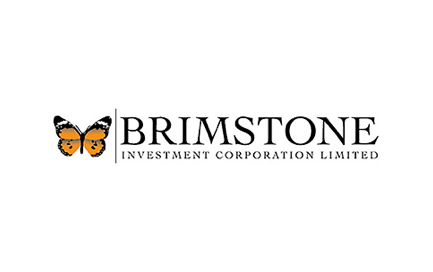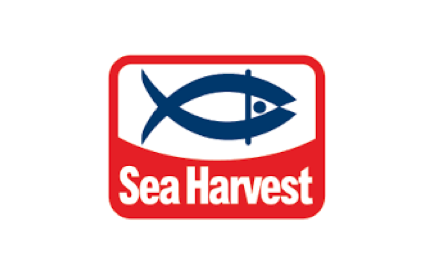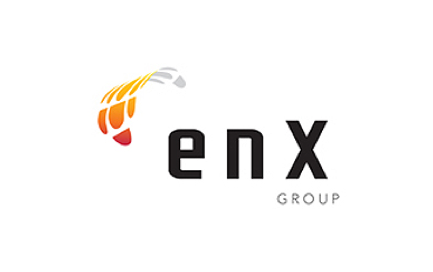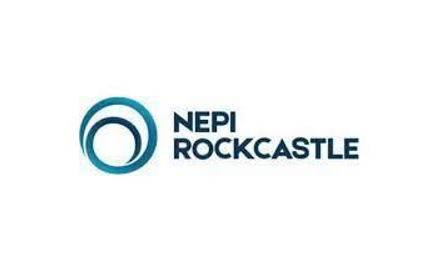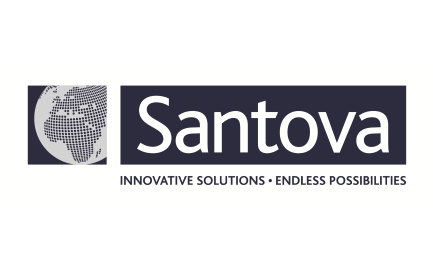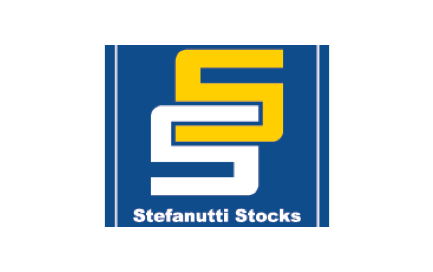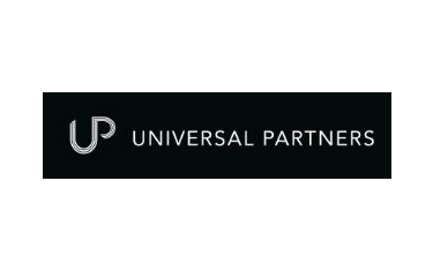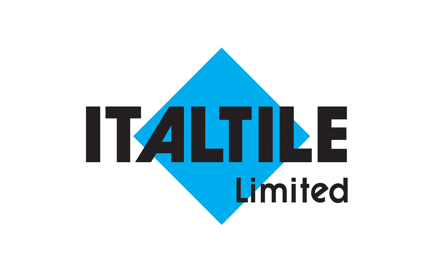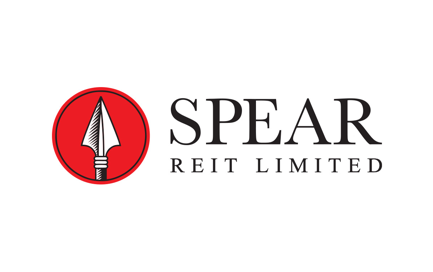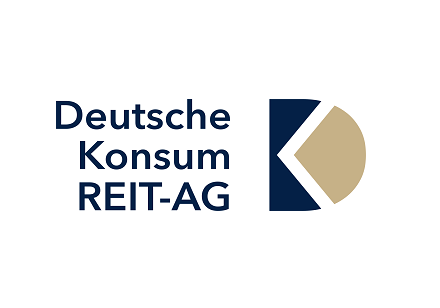Get the latest recap of JSE news in the Ghost Wrap podcast, brought to you by Mazars:

Coronation’s earnings trajectory is worrying (JSE: CML)
This is the case even with adjusting for the tax battle
Coronation avoids giving proper comparative numbers in its SENS announcements. When they release an assets under management announcement, they usually make you go digging for comparatives. Similarly, in this trading statement, they don’t show the base earnings excluding the tax adjustment. Instead, they just talk about a huge year-on-year increase.
This irritates me immensely.
There are few things I enjoy more in Ghost Bites than giving you the real story, so here’s the trajectory for Coronation’s fund management earnings per share (their preferred metric) over the past three years and without the impact of the tax fight:
- March 2022: 214.8 cents
- March 2023: 191.5 cents
- March 2024: 183.5 – 186.1 cents
It’s pretty clear why they don’t go out of their way to make this obvious to casual readers of SENS. Asset management is a tough business, which is why I far prefer the wealth management strategy of players like PSG Financial Services or Quilter. Offering only products simply isn’t lucrative enough anymore.
Sea Harvest is no longer a subsidiary of Brimstone (JSE: BRT | JSE: SHG)
This leads to a change in how the investment is accounted for
Sea Harvest announced this week that the acquisitions of businesses from Terrasan were completed, making Terrasan the second largest shareholder in the group.
The other implication of these deals being concluded is that Sea Harvest is no longer a subsidiary of Brimstone. This means that the accounting switches from consolidation to equity accounting as an associate in the books of Brimstone.
Although this makes a difference to how the financials are presented, the market tends to focus on the discount to Brimstone’s intrinsic net asset value per share, a calculation which is unaffected by consolidation vs. equity accounting. It will of course be affected by how Sea Harvest’s value moves after the Terrasan acquisitions, taking note of the diluted stake that Brimstone now holds in that group.
Continuing operations are way up at enX (JSE: ENX)
The market might start paying some attention here
With the classification of Eqstra as a discontinued operation in these numbers, the market can get a clearer view on what enX looks like with that sale out of the way. With HEPS from continuing operations more than doubling to 61 cents, the answer is that it looks good!
These numbers are for the six months to February, so you would need to annualise the HEPS number to really compare it to the current share price of R9.50, which is still trading well below the net asset value per share of R13.86.
The group has three divisions: enX Lubricants (oil lubricants and greases and the sole distributor of ExxonMobil among other brands), enX Power (diesel generators, industrial engines and solar alternatives) and enX Chemicals (polymers, rubbers and more).
In the lubricants business, profit before tax doubled to R48 million, although large impairments in the base mean that the move in cash profits was less spectacular. The power business did well out of data centre customers, although sales of solar PV systems slowed as load shedding magically disappeared and the market was saturated with solar equipment. Still, profits there were up 59% to R46 million. In chemicals, profit before tax increased by 61% to R45 million.
As you can see, the segments are of equal importance from a profitability perspective, which makes enX an interesting and diversified group. With the capital-hungry division (Eqstra) now sold to Nedbank, the strategy of the group is bearing fruit.
NEPI Rockcastle’s momentum continues (JSE: NRP)
The fund is in the right place at the right time
For a property fund, being in a vibrant economy with strong tenant demand is a wonderful experience. NEPI Rockcastle is living that life right now, with a 12.7% increase in net operating income in the first quarter of 2024. On a like-for-like basis, net operating income increased by 9.4%.
This was driven right from the top, with tenant sales up 10.5%. Basket size increased 8.8% despite a moderation in inflation, with footfall up 2.1%. It’s all very good over there.
The balance sheet is also in excellent shape, with a loan-to-value ratio of 31.5%. The group feels comfortable up to a level of 35%. The strength of the business makes debt cheaper of course, with an average cost of debt of 2.87%. When compared to these growth rates in net operating income, that cost of debt leads to lucrative returns for shareholders.
Still, the guidance for growth in distributable earnings per share is a conservative 4%, so we will have to see how the year plays out. They expect a 90% dividend payout ratio.
Here’s the share price performance since before the pandemic (and keep in mind this excludes any dividends):

The global freight cycle has hit Santova (JSE: SNV)
The group may be less cyclical than shipping companies, but isn’t immune
Santova has released results for the year ended February 2024. They reflect a drop in revenue and net interest income of 4.5%, with HEPS down by 20.1%. There’s no dividend, although that isn’t anything new. In previous years, the company has prioritised share buybacks.
At some point, the macroeconomic realities of the world had to bite Santova. Container freight rates are down and so are volumes, with the company expecting overcapacity in shipping to continue until the end of 2025 – so don’t get too excited about near-term improvement.
Perhaps most concerningly, the US business that was recently acquired had a really tough period, with operating losses in this year and the derecognition of deferred tax assets on prior year assessed losses – something that doesn’t send a great message about immediate prospects. The most resilient segment turned out to be the UK, with net profit after tax down by 13.7%.
Cash generated from operations suffered a sharp correction, down by 68.8%. This was driven by the drop in profits as well as working capital absorption in the current year vs. the previous year.
The market seems to believe that Santova can keep it together during this part of the cycle, with the share price still firmly at 2022 levels. On HEPS of 123.77 cents, that’s a trailing Price/Earnings multiple of 6x which feels rather high right now.

Stefanutti Stocks is moving in the right direction (JSE: SSK)
The company is still loss-making though, even in HEPS from continuing operations
Stefanutti Stocks has been busy with a disposal strategy to get the business on a sustainable footing. Naturally, this causes all kinds of nuances in the accounting results. One must distinguish between continuing and discontinued operations, as well as earnings per share (which includes many of the related gains and losses) and headline earnings per share (which excludes them).
The cleanest number to look at is therefore HEPS from continuing operations, as this gives the best indication of how the core business is performing. On this metric, the company is still making losses – a headline loss of between 8.19 cents and 2.73 cents per share (remember a smaller loss is a better number, hence the range is described that way around). This is much better than the comparable period at a loss of 27.29 cents.
From total operations (i.e. including discontinued), the headline loss is much larger at between 52.29 cents and 60.03 cents vs. a loss of 38.73 cents in the prior period.
This shows just how important it is that the company gets the sales of the discontinued operations across the line.
Universal Partners reports a drop in the NAV (JSE: UPL)
No new investments will be considered going forward
Like so many other investment holding companies, Universal Partners is battling a discount to NAV in its share price. And as we see so often, the plan now is to return surplus cash to shareholders rather than take on new investments, although follow-on investments in existing portfolio companies will still be possible.
As Universal has such a diversified (arguably incoherent) portfolio, they will struggle to close the discount unless they dispose of some assets at the directors’ valuation that underpins the NAV. This is also the way in which the management company is incentivised i.e. only on exit.
Universal’s stake in PortmanDentex, one of Europe’s largest dental care platforms, has come under pressure in its value because of a drop in valuation multiples globally in the sector. They blame higher interest rates and inflationary pressures.
Workwell, a workforce management business that focuses on compliance and recruitment technology, recently acquired Precision Consulting Group in the US. Workwell now generates 60% of profits from outside the UK. Still, they are running below budget because of a generally difficult staffing environment in the UK. Nevertheless, the valuation of Workwell is 12% higher.
Over at SC Lowy, the investment management group focused on credit investing and lending, results for the quarter were in line with expectations. Xcede Group can’t say the same, with the trading environment for recruitment remaining challenging, even in the technology sector.
Still, it’s better than the fancy toilet technology that Propelair is trying to sell, with that business still running far behind the original business plan. This is the reason for it being valued at a nominal value.
Overall, the net asset value per share dropped by 8.9% year-on-year to GBP 1.293. This equates to R29.98 at current exchange rates, with the share price at R22.00.
Little Bites:
- Director dealings:
- Des de Beer has bought R2.43 million worth of shares in Lighthouse Properties (JSE: LTE).
- An Italtile (JSE: ITE) director has been executing some rather odd trades recently, with what looks like swing trading strategies of buying and selling shares after short holding periods. In a further strange one, there was a small sale on 9th May and then a purchase and sale on 10th May. Out of nowhere, we then saw a meaningful sale on 11th May of R401k and on 14th May of nearly R45k.
- Spear REIT (JSE: SEA) is in the process of acquiring a portfolio of Western Cape properties from fellow listed company Emira (JSE: EMI). The circular with full details will be distributed by no later than 2nd July and the cautionary announcement has been renewed accordingly.
- Deutsche Konsum (JSE: DKR) practically never trades on the JSE, so the earnings only get a passing mention here. For the first half of the financial year, net rental income fell 6.5% and funds from operations dropped by 17%. To add to the worries, the loan-to-value ratio is at 61.4%. This REIT isn’t in good shape at all.

